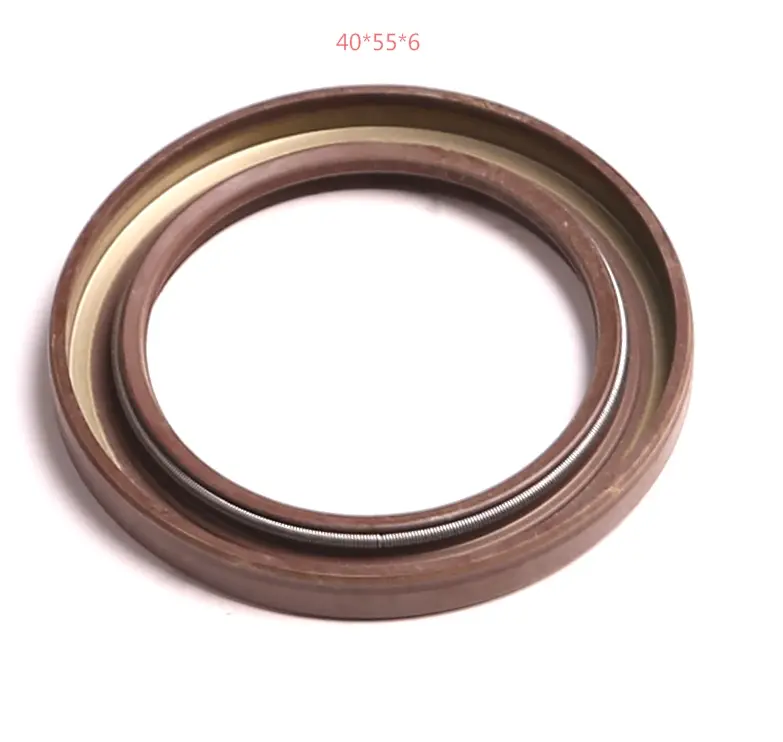8 月 . 29, 2024 23:00 Back to list
motor oil seal
Understanding Motor Oil Seals Importance and Functionality
Motor oil seals play a critical role in the performance and longevity of vehicles, yet they often go overlooked in discussions about car maintenance. These seals, also known as oil seals or rotary shaft seals, are essential components designed to retain lubricating oil within the engine and prevent contaminants from entering. Their function is vital in maintaining the overall health of a vehicle's engine and ensuring smooth operation.
Oil seals are typically made from durable materials such as rubber or synthetic compounds, which provide the necessary flexibility and strength to withstand the harsh conditions of an operating engine. These seals are strategically placed at various points, including the front and rear of the crankshaft, camshaft, and differential, where moving parts create openings. By forming a tight seal around these moving components, they help to reduce oil leaks and protect against dirt, dust, and water intrusion.
Importance of Motor Oil Seals
One of the primary functions of motor oil seals is to maintain proper oil levels in the engine. Insufficient oil can lead to increased friction among engine parts, resulting in overheating and, ultimately, catastrophic engine failure. By preventing oil leaks, these seals ensure that the engine remains adequately lubricated, which is essential for optimal performance.
Moreover, oil seals contribute to the vehicle’s overall environmental sustainability. By preventing oil leaks, they minimize the risk of oil seeping into the ground or waterways, which can have disastrous effects on the ecosystem. Additionally, maintaining the right amount of motor oil improves fuel efficiency, leading to reduced emissions and a smaller carbon footprint.
motor oil seal

Signs of Wear and Tear
Despite their robustness, motor oil seals can wear out over time due to factors such as heat, friction, and exposure to various chemicals. It is crucial for vehicle owners to be vigilant about signs of seal failure. Common indicators include oil spots under the vehicle, a decrease in oil pressure, or the presence of oil residue around the engine. If you notice any of these symptoms, it’s advisable to seek professional assistance promptly to prevent further damage to the engine.
Conclusion
In summary, while often underestimated, motor oil seals are essential for the effective functioning of any vehicle. They play a vital role in retaining oil, protecting engine components, and promoting environmental sustainability. Regular inspections and maintenance of these seals can help ensure the longevity of the engine and improve the overall performance of the vehicle. By understanding the importance of motor oil seals, car owners can take proactive measures to maintain their vehicles, ensuring reliability and efficiency for years to come.
Incorporating the knowledge of motor oil seals into regular vehicle maintenance can save costs and extend the life of the engine. After all, prevention is indeed better than cure.